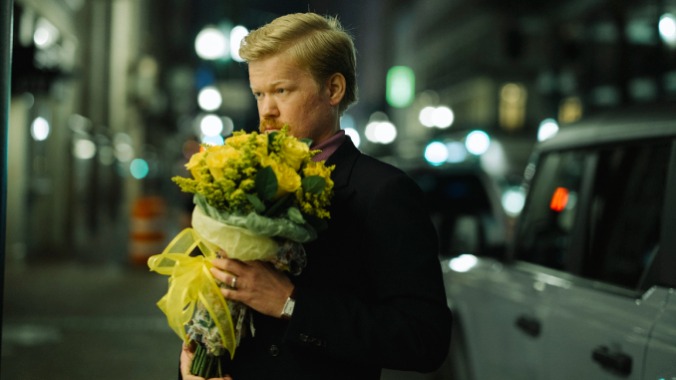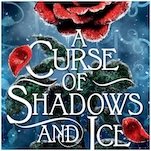Kinds of Blankness: The Majestic Understatement of Jesse Plemons

“What kind of American are you?” Even if he weren’t carrying an automatic rifle, the man who asks this would seem to us dangerous: Observing his captives slightly askance, as if they were specimens, not people, he delivers the line flat while remaining curiously still. In the context of the film—Civil War, Alex Garland’s vision of a United States broken into warring factions of Americans—the question alone carries threat. Our unnamed militiaman, like the actor playing him (Jesse Plemons), understands that histrionics aren’t required; the fact that he’s the one with the weapon, asking unarmed civilians what side they’re on, is frightening enough.
If critics were divided over Civil War, they seemed to reach a general consensus on this scene being the hardest-hitting one in the film. It is a sudden injection of menace at the midpoint by Plemons, who—in an uncredited cameo, in what amounts to little more than five minutes of screentime—makes an outsized impression, the dread lingering after he exits the picture. (And to think that Plemons was parachuted into the role following a call from his wife and Civil War’s lead, Kirsten Dunst, after the original actor suddenly dropped out.) It seems paradoxical: In a film full of noise, one which groans with explosively violent acts, the greatest impact is made by the actor giving the quietest performance.
-

-

-

-

-

-

-

-

-

-

-

-

-

-

-

-

-

-

-

-

-

-

-

-

-

-

-

-

-

-

-

-

-

-

-

-

-

-

-

-








































